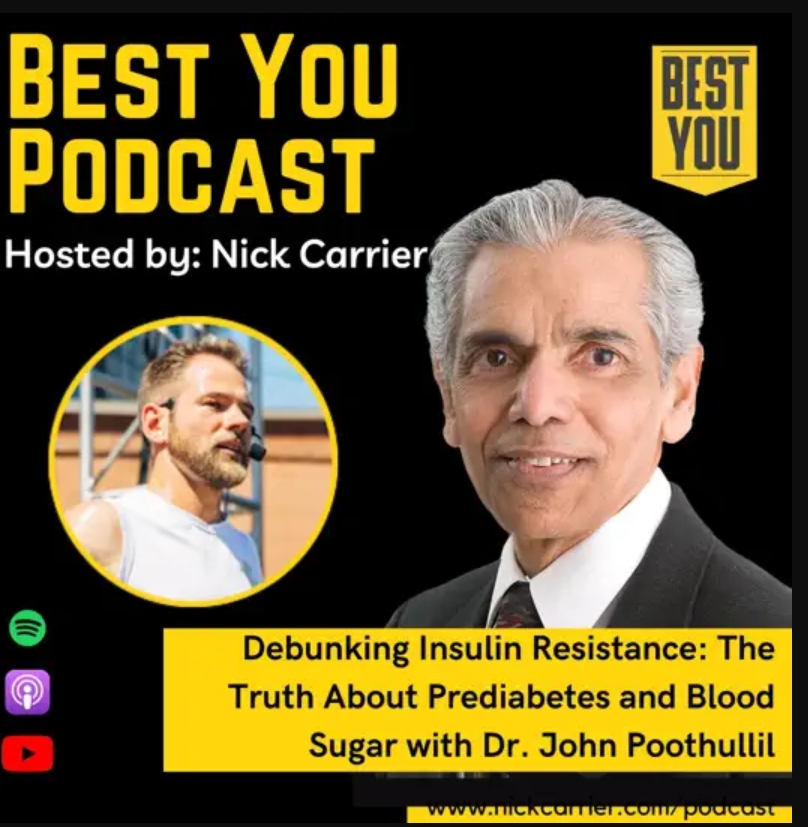
World Health Day is this Sunday, April 7th. Let this be a day we focus on our diet as it is the key to good health.
Human diets have been skewed with many harmful products that are high in carbohydrates, sugar, and salt. This is having a global effect on the health of humanity and only by looking to our ancestors can we learn how to reverse this deadly trend.
It is well known that our hunter-gatherer ancestors who lived in small groups experienced few lifestyle diseases such as obesity, diabetes, heart disease and cancer. Regardless of their ethnicity, the similar good health suggests that the environment rather than genes played a major factor.
It has also been well established that when people migrate from their natural habitats to a more advanced society in cities and towns, and adopt Western diets and activity levels, they all experience the same lifestyle diseases.
In short, it appears that a certain type of nutrition seems to be the key factor in keeping people free from lifestyle diseases while another type of nutrition contributes to ensuring that large numbers of people develop lifestyle diseases. Why?
Is it exercise?

On the other hand, recent studies suggest that high levels of daily physical activity by hunter-gatherers did not automatically lead to increased total energy expenditure compared to people living in industrialized parts of the world. This means their good health was not because they burned more energy through exercise. Instead, the diets of hunter-gatherer and small-scale populations tended to be less energy dense and more nutrient dense. They were also higher in fiber and lower in glycemic index than foods generally consumed in industrialized cultures.
This suggests that the current pandemic of lifestyle conditions stems from our increased energy intake rather than having less exercise (decreased energy expenditure). In other words, we simply overconsume food.
The evidence
Is there any evidence of this overconsumption? And, if so, what types of foods are being consumed that lead to so many of our lifestyle-associated health problems?
Let me start with the evidence of our overconsumption. Over the past century, both men and women in developing and developed countries show increasing average height. For example, adult Americans were getting 1½ inches taller every 20 years during the first half of the 20th century. In India, women gained almost 2 inches and men gained 1½ inches of height over the past century. In China, both women and men gained over 2 inches in average height during the same period of time. This pattern of height gain can happen only with increased energy intake.
A study done in Central America between 1960 and 1970 and recent evidence from Brazil reveal a lot about the causal relationship between food consumption and height gain. The Central American study revealed that children who received nutritional supplements grew taller compared to those who did not. This is further supported by the present day finding that, in general, children from families of high socioeconomic status are taller.
In contrast, a study published online in March 2007 in the British Journal of Nutrition showed a higher frequency of stunted height and overweight-obesity among children, especially in girls, living in the outskirts of Maceió, capital of Alagoas (northeastern Brazil). This population did not have access to nutritionally balanced food or nutritional supplements.
The obvious conclusion is that height gain requires increased food energy as well as the consumption of essential nutrients in adequate amounts. But if the food consumed is rich in calories but deficient in essential nutrients, one could experience obesity but not a gain in height.
The best example of a high caloric, low nutrient diet is one in which people eat grain-based foods (bread, pastas, oatmeal, tacos, tortillas, pizza, cookies, snack foods, etc.) for most of their meals.

Focus on foods that supply nutrients
The lesson here is that the human body needs nutrients, not merely energy calories. Granted, most foods may contain both energy and nutrients in varying amounts. However, with the body needing more than 100 different nutrients for optimal functioning it is difficult to obtain these on a timely basis with a diet high in grains to fill the stomach and create a feeling of fullness.
If I had to recommend a universally healthy diet, it would be to focus on fresh seasonal vegetables, fruits, meats, dairy, and nuts. As you might guess, this diet is in fact far closer to what our ancestors ate and they managed to remain free of our modern lifestyle diseases.
If you have had success reversing your Type 2 diabetes through diet change and avoiding as much as possible the consumption of grains, I want to hear from you! Email john@drjohnonhealth.com with stories, comments and questions.

Diabetes: The Real Cause & The Right Cure
My informative yet easy to use book will guide you or a loved one to reverse Type 2 Diabetes in 8 weeks. My plan will also help you to remain diabetes free as you will take this on as a lifestyle. Make better choices and take ownership of your health today! Download the eBook for only 99 cents!


